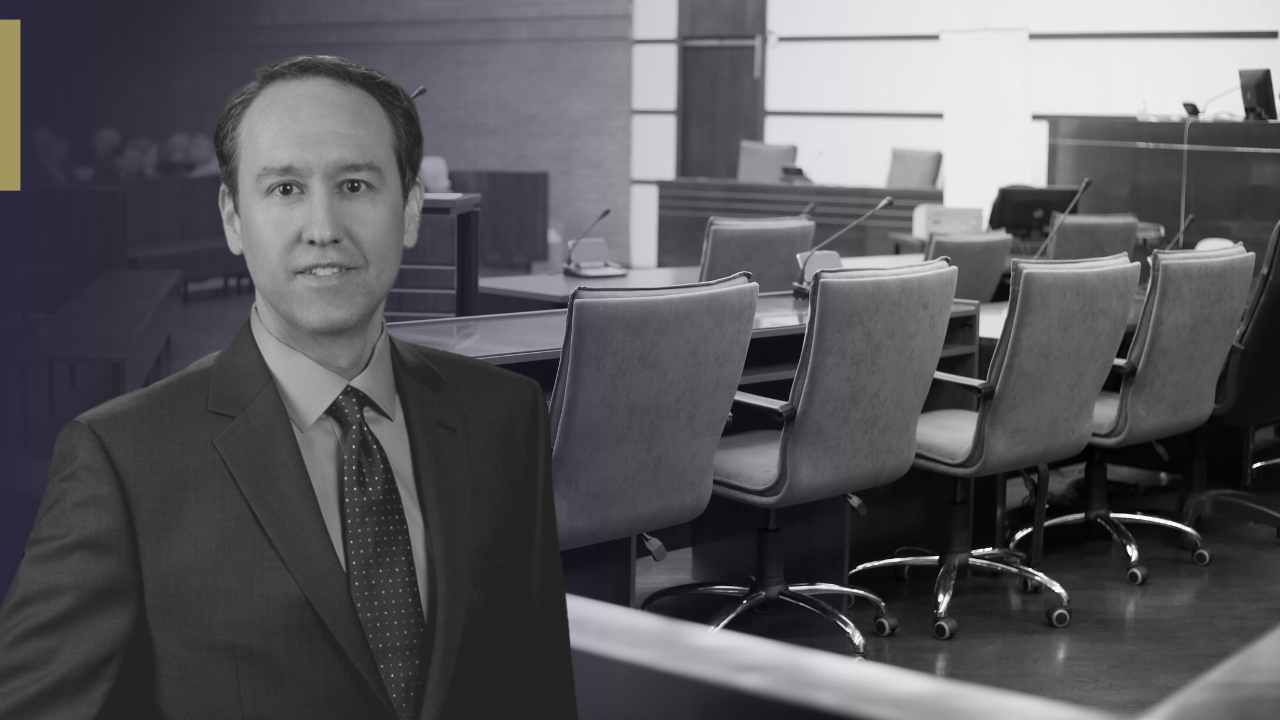A few days ago, a newly-minted attorney asked me about what it takes to become an appellate attorney. I was initially at a loss for an answer. I never exactly set out to do this for a living. In law school, I was quite sure that I would be a trial lawyer. Only now am I closing out my last trial level cases and moving to being a 100% appellate and post-conviction practice.
How I Ended Up Here
I’m a frustrated novelist, which many lawyers are. And I enjoy the solitude of an office and a closed door. I greatly prefer it to calendar calls and all of the other time-wasting rituals of the criminal trial process. Back in law school, I worked for an attorney who had some appellate cases but did not particularly like them. At the time, he was sending the writing off to a former associate who had moved to the North Georgia mountains. I tried my hand at a couple of appeals. And soon, as a 3L, he was no longer sending those appeals out. I was doing them, and it was my role even as I developed a trial practice in his firm as an attorney. In my first year, I caught an issue on a murder case that led to a reversal of the conviction. I hit a lucky streak and reversed a few more, including an issue I caught in what was otherwise run-of-the-mill DUI trial. A Public Defender’s office started sending me all the appeals I wanted. The pay was low, but I was getting the reps in. There have been many losses, but there have been some astonishing wins. And it’s often fun.
It appears that appellate law is the thing that many lawyers and students want to do. For budding civil appellate lawyers not in a big firm, I can think of no comparable thing to PD office with a steady stream of cases. There are few civil trials these days and all sorts of incentives not to appeal. And if I had intended to build an appellate practice, I don’t know that I would have followed these exact steps.But nearly ever felony trial that ends in a one-word verdict is appealed, and there is not an attorney’s fee downside. Everybody understands why a person with a 3,000 year Georgia-style sentence would like to appeal his conviction.
It’s Not Always Fun
When it comes to retained work, there are all sorts of challenges. The trial lawyer who comes before you often makes a mess of things and leaves errors unchallenged. The client has often exhausted his life’s savings before the appeal starts. And when you get started on the case, the client and family have some serious trust issues with attorneys because the lawyer they chose to do a murder trial was not as good at murder trials as he was at drafting Uncle Jeff’s will. Also, if you are not in the appellate section of a major firm, there may be some limits on the ability to get some of the bigger cases. But those come with time. The client often cannot make the transition to standards and processes of appellate law, with a lingering interest in whether various witnesses were lying and with little interest in the erroneous burden-shifting jury charge that you find so fascinating. Also, in the era of Serial, Making of a Murderer, and other such shows, clients come to you armed with an expectation that you should work for free or nearly free just because must be outraged by their perceived injustice. And the internet has done more for amateur jailhouse lawyering than the jail law library ever did.
With that said, appellate practice feels like “real law” to me. I find that the suppressed writer has a good outlet to work. And this kind of practice lies at the intersection of advocacy and scholarship. Finally, the work can be done from nearly anywhere there is an internet connection. So, it is pretty easy to pick up and hide away from the office.
If I had to advise someone on how to build this practice, I would note that it takes years. And it takes some creative maneuvering to get your reps in — including some pretty low-paying gigs for a while. And there are fewer cases out there than there are DUIs or petty drug offenses. So, the dues are much higher. But I think it is worth it, even if there are days when I wonder why I even went to law school.


